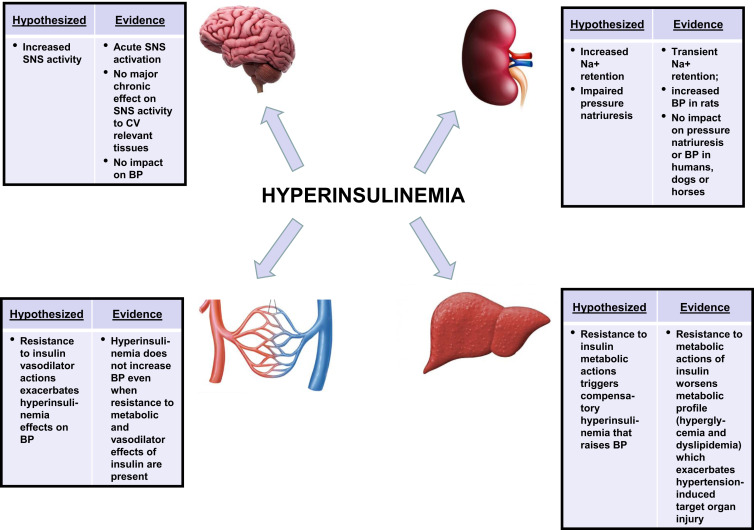
Hyperinsulinemia, which is a condition of having too much of an insulin or glucose in your bloodstream, can cause a whole lot of different things, ranging from a mild discomfort to serious illness. However, the condition is not something that will strike you if you are a healthy individual. It does, however, affect many people who are not so healthy. So what causes this condition?
This condition is usually associated with obesity is usually caused by high levels of insulin in the bloodstream. However, it is not always the case. Some individuals may have a deficiency in one or more nutrients and this may lead to a hyperinsulinemia that is very similar to obesity.
There are some cases that are associated with this condition such as, Type I Diabetes, hyperthyroidism and some forms of cancer. It also affects many women in their child bearing years, because the hormone is a part of the menstrual cycle. It has been linked to several types of cancers such as pancreatic cancer, prostate and breast cancer. However, some scientists claim that obesity and hyperinsulinemia may not be linked.
The good news is that there are ways to prevent and treat this condition. In fact, there is an entire field of medicine dedicated to finding the best possible treatment for this condition. One of these drugs is called metformin. While metformin may be effective in some patients, it may not be effective in some patients.
Another treatment, known as glucophagellates, can help those with type II diabetes. Glucophagellates are glucose-lowering drugs that help reduce the amount of excess glucose in your blood. Glucophagellates are most effective in obese people with high blood glucose levels.
There are other treatments available for people with diabetes. These include insulin injections and oral medications that help keep insulin levels low. One of the newer treatments for this condition, known as Lipitor, has a special delivery system that allows you to reduce the amount of excess sugar in your body without injecting insulin.
Although diabetes itself is not the only cause of hyperinsulinemia, many people with diabetes and hyperinsulinemia share common risk factors. These include a history of overweight, obesity, menopausal status, gestational diabetes and a history of menopausal changes, and a family history of diabetes. Many other conditions such as cancer and obesity are also associated with this disease. Many people use a natural supplement to effectively combat obesity Slimgard kapsul.
Many new therapies are being developed that can help reduce or eliminate symptoms associated with hyperinsulinemia. However, it is important to know that although the disease is treatable, in some cases it can be fatal. There is no permanent cure, but there are ways to control or at least manage its effects.
Some of these methods include diet, exercise, and medication. Diet is one of the easiest ways to control hyperinsulinemia, but it can be difficult because people need to eat fewer calories and increase their fiber intake to replenish lost calories. Exercise helps the body lose weight, and increased activity makes you feel good. When it comes to medications, there are two main drugs known as metformin and glucophagellates.
Metformin can be taken as a tablet, pill, or liquid supplement. Glucophagellates can be taken as either a pill or oral medication.
The use of Metformin can be used for a very long time to improve hyperinsulinemia. Although the effect of Glucophagellates will vary from person to person, studies have shown that this drug can work for a very long time. Glucophagellates can be used until the effects of hyperinsulinemia begin to wear off.
Some people do experience certain side-effects when taking Metformin or Glucophagellates. These side-effects include fatigue, nausea, bloating, joint pain, upset stomach, constipation, and diarrhea.